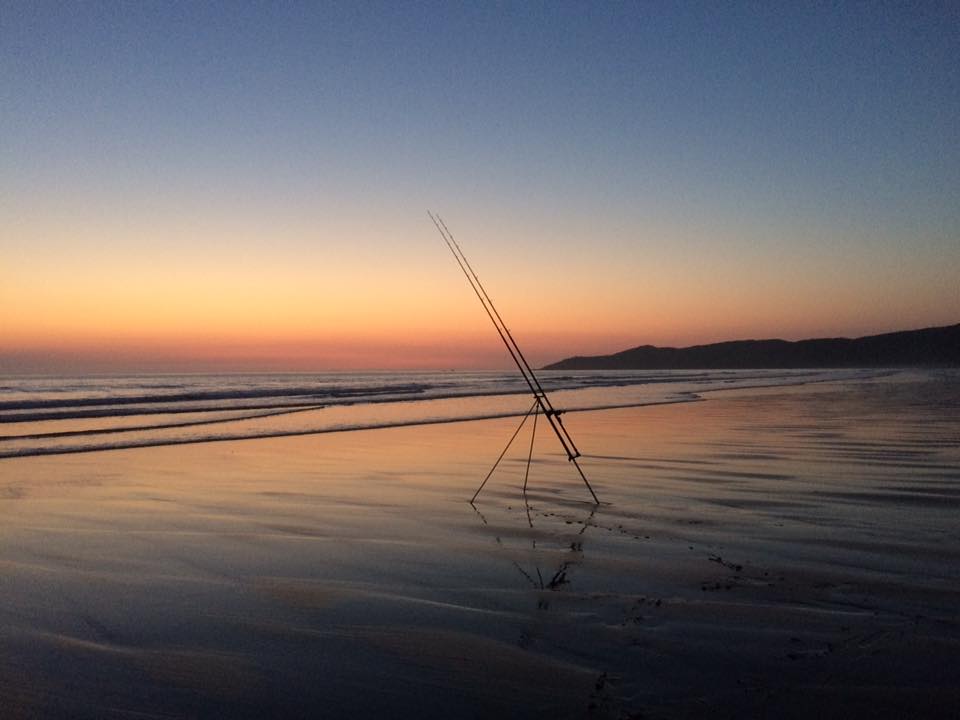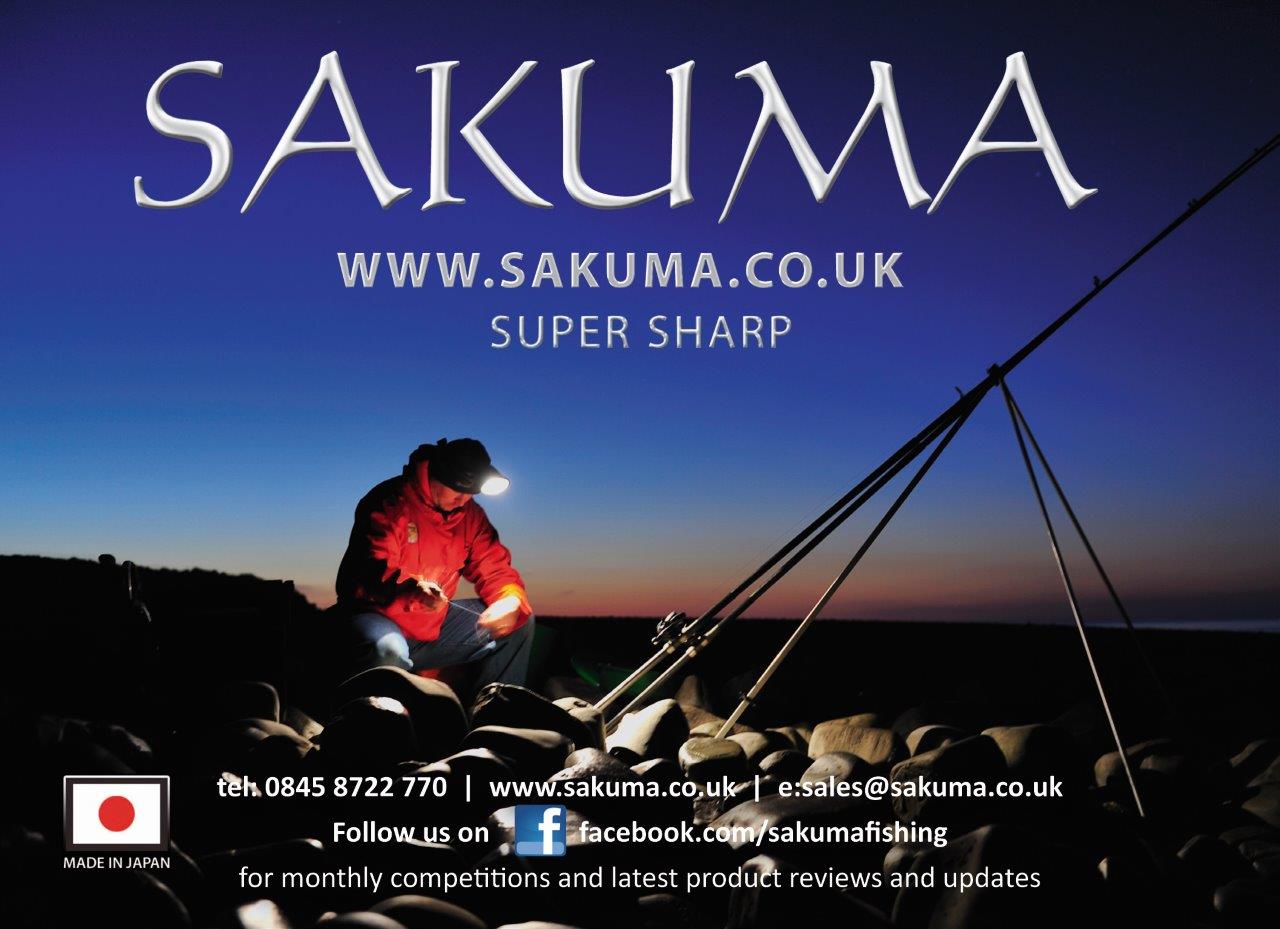I occasionally receive emails from members of the public in relation to my weekly angling column and always try to answer in a polite and informative matter. I recently received the below email from Robert Durrant a non-angler who has undoubtedly taken an interest in my weekly column. His inquiry relates directly to sea angling and the killing of fish. I will let you read through the exchange of emails below and I will add a few comments at the end.
Wayne,
Every week in the Journal you write about vast numbers of fine fish, targeted for sport and brought to weigh-ins.
Many are species of shark which are endangered and protected.
Are all of these fish bought dead to the scales, or have these anglers moved into the 21st century and found ways to weigh specimens at point of catch without harming them and then releasing them live and unhurt back to the sea?
I wish you’d write more about such practices.
Best wishes,
Rob
Hi Rob,
Thank you for inquiry and prompting me to give more coverage on angling practices in relation to catch and release. Angling has progressed a long way in recent years and catch and release has become the predominate practice for all angling disciplines. In relation to shark the larger species are all returned alive to the water and in some instances are tagged to enable scientific research to track migration routes. Sadly many of the blue shark tagged are recaptured by long-liners in foreign countries where the fish are targeted for making sharks fin soup. Spurdog numbers have increased dramatically in recent seasons as a result of a commercial ban on the species and all of those caught by boat anglers are returned alive.
Fortunately the practice of bringing dead fish to the scales is becoming a thing of the past with most anglers happy to weigh and return fish after a quick photo. You will notice that the vast majority of pictures I use for the Journal are on location and the fish returned alive. There are sadly a few clubs that have weigh ins where fish are brought to the scales due to a lack of trust amongst members. I do not think this will continue for many more years.
Salmon anglers now return over 90% of salmon caught, with no fish retained before June 16th. Bass are now catch and release only for recreational anglers, though this may be reviewed later in the year if scientific data determines it is possible.
I have no problem with anglers retaining the occasional fish for the table if stocks are healthy. But I have no time for killing fish for competition purposes.
I will write about the changing practices in a future Journal column and on my website. I do not know if you are an angler or have ever fished but I would point out that angling does engage people with the countryside and many anglers are keen conservationists who have a deep love of nature.
Best Regards,
Wayne
Hi Wayne,
Thanks so much for your courteous, informative, and encouraging reply, greatly appreciated.
It would be great if you could give more coverage to the enlightened practices followed by ethical anglers these days, as so much emphasis is given to weights and trophy specimens that it often seems that conservation of species and fish welfare comes a very long way behind.
I’m delighted that we see eye to eye about avoiding killing fish except for table use where the stocks are healthy.
I’m not an angler, though of course I’ve enjoyed a little sea fishing in my earlier years; but my interest stems from a particular awareness of marine conservation issues, where I have some involvement, from recording marine species found from the shore, and from diving. I’m very much aware of tag and release practices involving sharks, but little is ever mentioned about this in the media regarding local practices, or indeed in the publicity put out by local sea fishing operators. Maybe it’s just taken for granted; but it would be good to see greater emphasis on conservation and environmental issues.
Yes, I have noticed that most of the photos you use in the Journal do show the fish displayed apparently close to place of capture, but without confirmation that these specimens are not later hauled away to the scales elsewhere, it was difficult to be confident. Certainly friends of mine who have been involved with sea fishing clubs in the past have been nauseated at the pointless waste and indeed cruelty involved in these inland weigh-ins which used to be standard practice. I’m so pleased that in recent years things have moved on.
I hope that an emphasis on decent practices will help make those benighted clubs which still insist on weighing dead fish at the club’s scales realise that they have become social pariahs, whatever happened in the past and too often still happens overseas.
I look forward to reading your comments in the Journal, and your website too.
Thanks again for your very positive response.
All the best,
Rob
Hi again, Wayne,
Just been looking on the North Devon Angling News site. Lots of pics there of sea catches displayed on the beach or in the boat, but too many not good – one on top of the harbour wall at Clovelly, eg – particularly lots of sharks being dangled by their tails. Shark Trust handling guide very strongly emphasis that sharks must never be held up by their tails alone, and abdomen must always be supported. Otherwise, though the shark may be able to swim away after return it may very well die out of sight from internal injuries.
Maybe you could put out a warning that you will cease publishing pics showing bad practices? Would be a brilliant idea if boat skippers showed a bit more responsibility in guiding their clients correctly!!
All the best,
Rob
Hi Robert,
Thank you for your reply. Following on from our exchange of letters would it be possible for me to post the letters on my website followed by a brief article on conservation practices and changing times. I think using the exchange of emails would give a good introduction to the feature and demonstrate to anglers how non anglers view what appears in the media, It might also make people think a little more deeply. This will have more impact than me simply stating my views.
Best Regards,
Wayne
Hi Wayne,
Certainly very happy for you to do that, sounds a good plan.
I look forward to it.
Cheers,
Rob
I am an all round angler and fish for species in all disciplines of angling and I can understand Rob’s concerns to an extent as sea angling is to some degree less focused on fish welfare than Coarse and carp anglers. To some extent this is due to the fact that Coarse Fish and Carp are valuable commodities stocked into lakes that cost the fishery owners considerable sums of money. For this reason fisheries have strict rules to safeguard the welfare of the stocks. The use of unhooking mats, antiseptic solution to prevent infection, safe rigs, barb-less hooks and the sterilization of equipment prior to fishing is common practice.
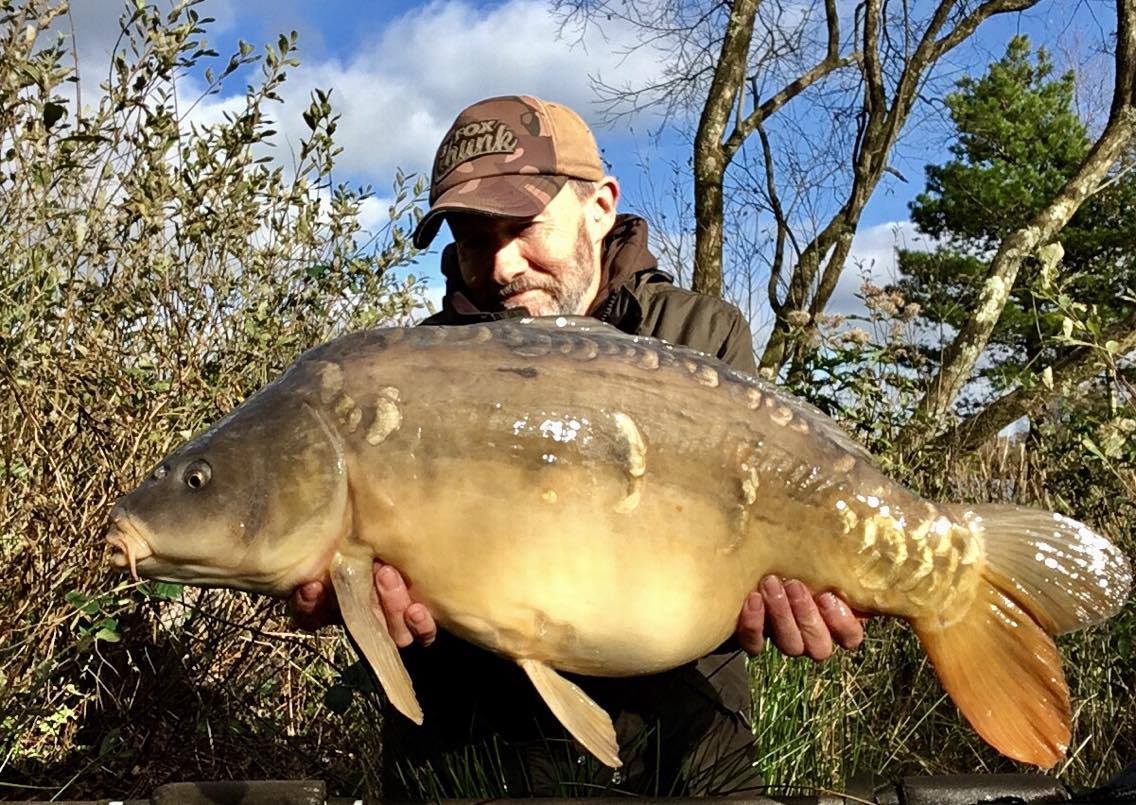
Anglers also embrace good handling practice because they value the fish and have a respect for their quarry. I fish for pike and know a good number of pike anglers who are very passionate about the pikes welfare preaching the use of correct tackle and the care needed to safely remove hooks.
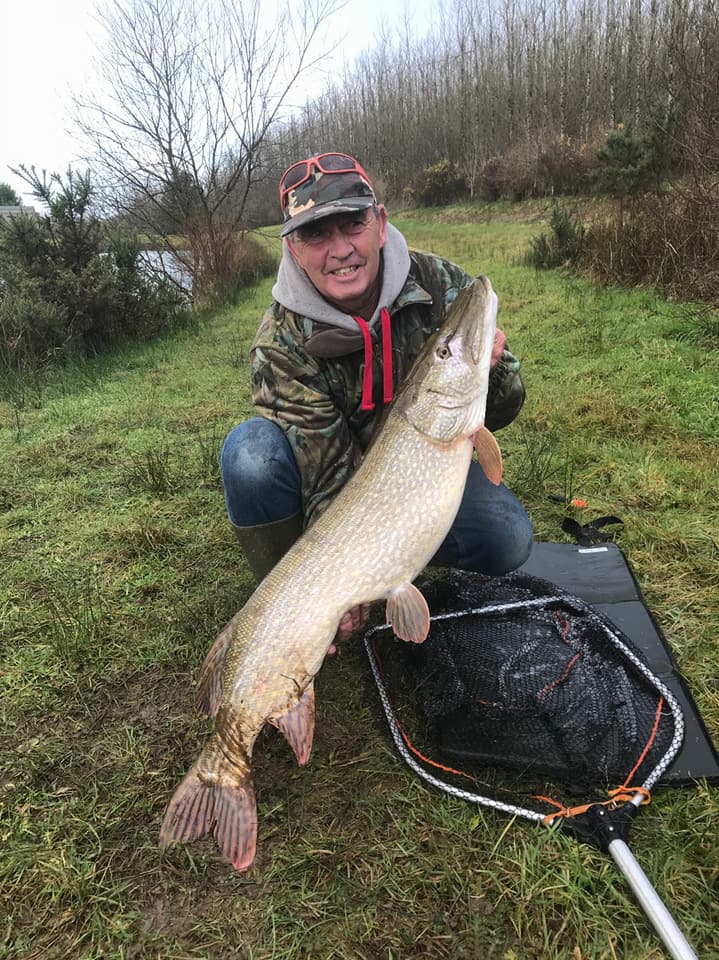
Game Fishers who fish for salmon and sea trout now return the majority of fish caught and get very involved in protection of river habitat and even run hatchery projects to attempt to halt the decline in stocks of wild salmon and sea trout. When I first fished for salmon over thirty years ago the majority of salmon were kept for the table and I delighted in feasting on a wild salmon caught from a local river. I always felt a tinge of sadness though after administering the last rites and seeing the vivid colours of life drain from the vibrant flanks. Today I take far greater pleasure in seeing the occasional salmon I manage to tempt swim strongly away to hopefully complete their Journey to the spawning grounds.
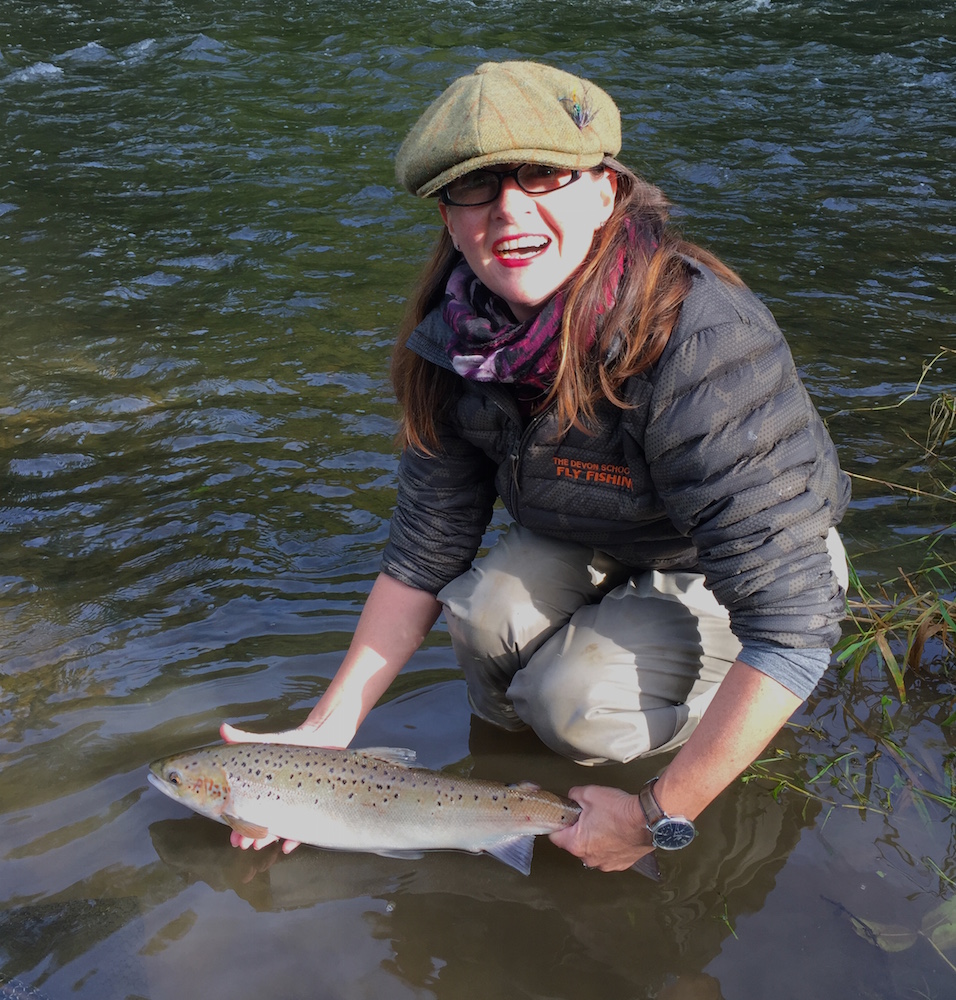
Sea angling I concede has been slower to move towards catch and release practice in part I suspect down to the vast and wild nature of the sea and the once misguided perception that fish stocks are not impacted upon by angling. There is only one reason to kill fish and that is to eat it. At this point I will confess that I used to fish in local angling competitions and dispatch fish to bring back to the weigh in. I also killed fish to submit for specimen trophies. As time passed I and many other anglers grew concerned at this unnecessary slaughter. The Sea Angling Club that I have fished with over the past forty years now practices catch and release for all competitions. In modern times with quality scales and modern digital cameras and phones there is no reason to kill fish except for the table. Images of live fish at the waters edge are far more rewarding than a dead corpse held aloft in the garden or in a club house.
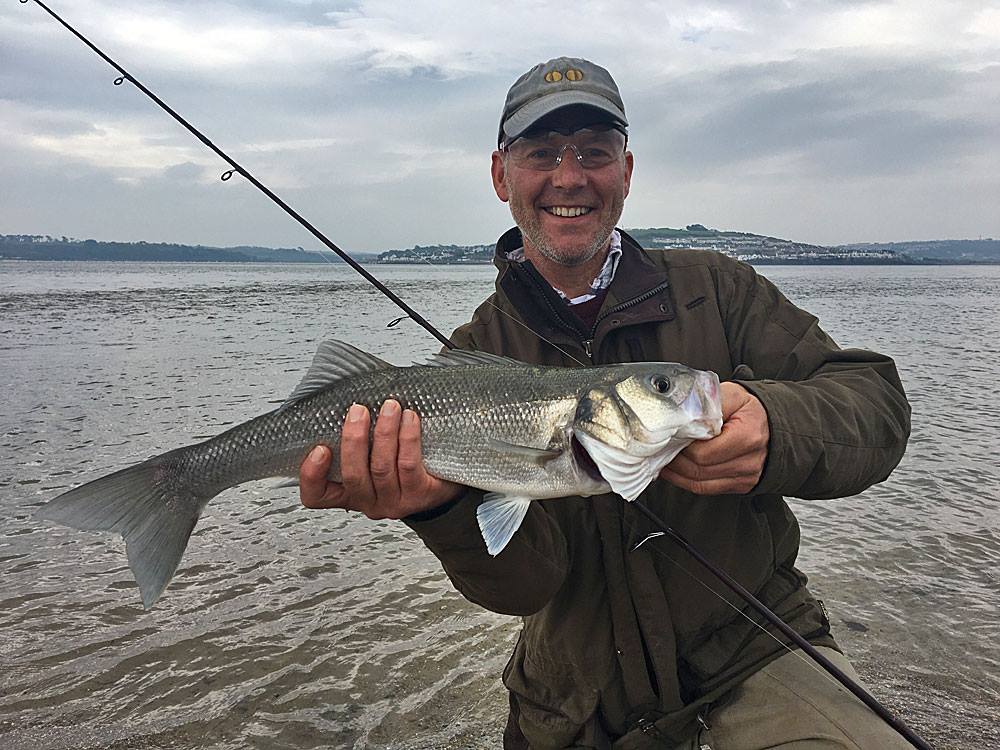
As a child I gazed in wonder at the corpses of dead blue shark at Looe in Cornwall brought ashore by members of the Shark Angling Club of Great Britain. This club is now 100% catch and release promoting responsible angling practice that minimizes mortality of these magnificent fish. I have fished for shark on numerous occasions and thrilled at the power of these fish on the line. I have enjoyed the privilege of interacting with the shark and delighted in seeing them swim away. In some instances shark are tagged and this has proved valuable in scientific research tracking the vast migration taken by sharks. Sadly many shark are recaptured by commercial long liners who target the fish for use in shark fin soup.
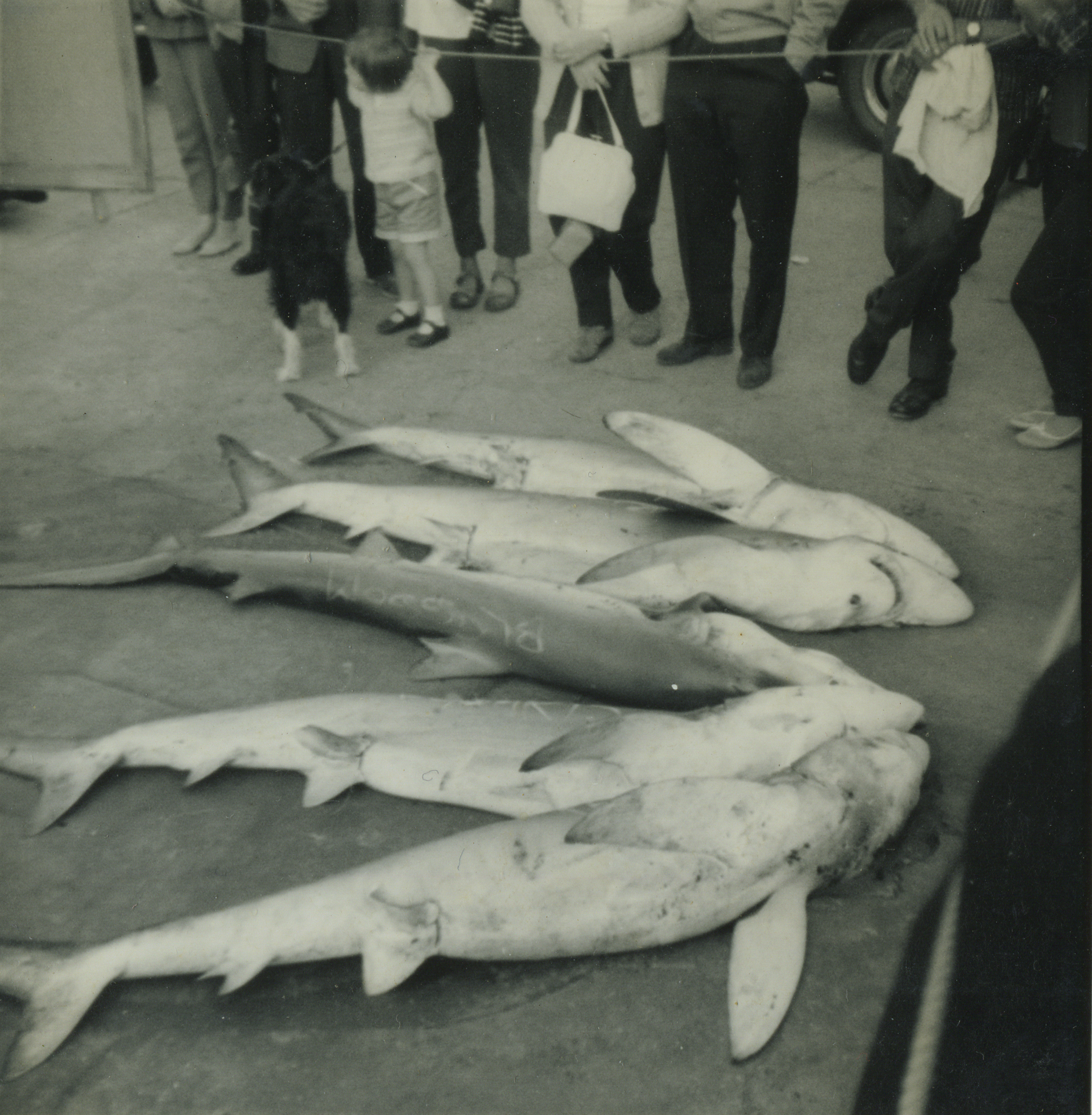
Whilst sea angling has moved towards conservation there is room for increased awareness of good handling practice. Thought can be given to tackle used with circle hooks sometimes beneficial in reducing deep hooking. Tackle used should always be strong enough to give a good chance of landing the fish hooked. Fish should be weighed in a suitable bag or weigh sling and not hung up by the gills. When holding the fish for a picture it should be handled firmly and supported to reduce risk of damage to internal organs.
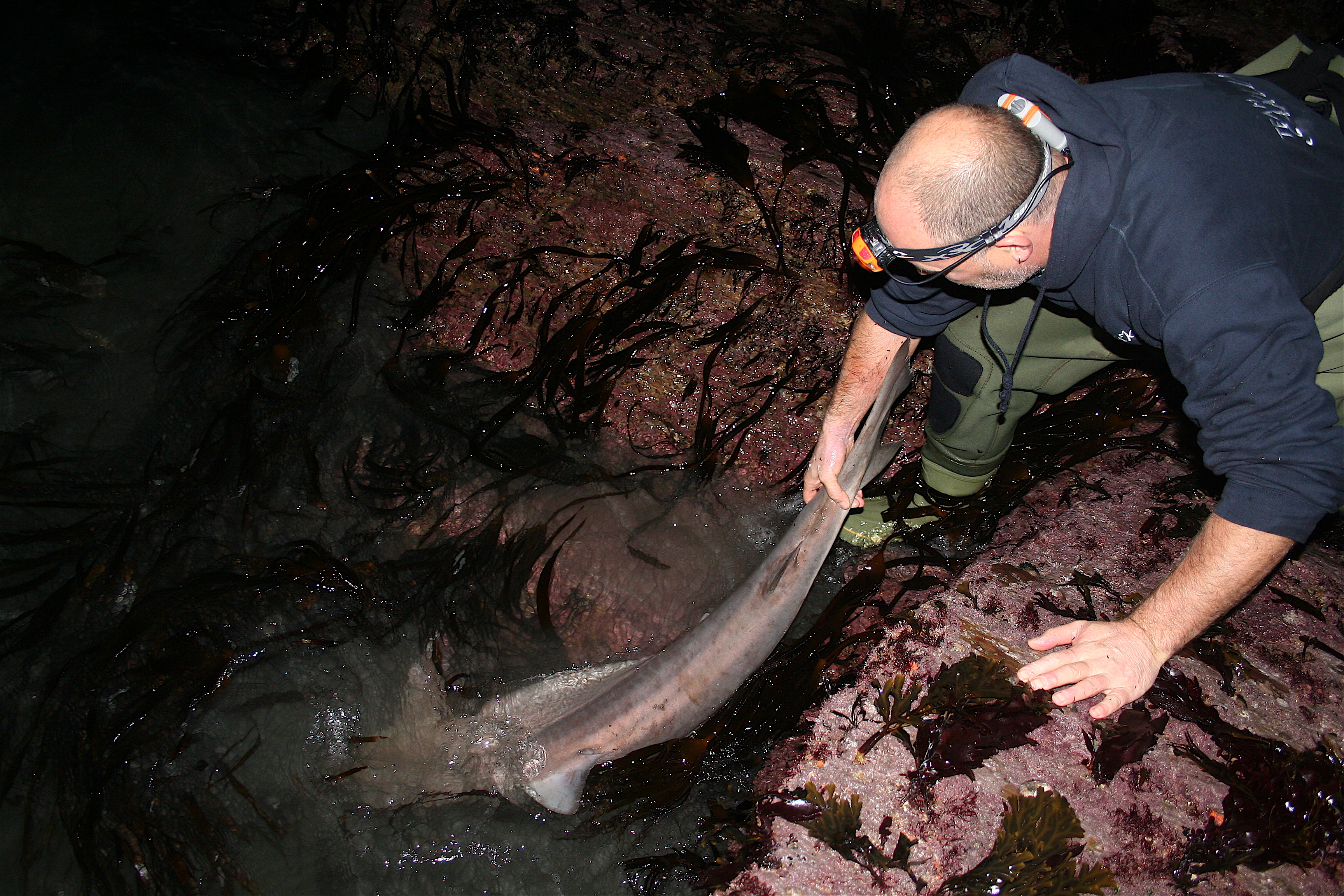
As anglers we have a responsibility to show respect for the fish we seek to catch and to always show the pastime in a positive light. We should not judge past generations by today’s standards. Perceptions change and as we realise the fragility of the natural world we adopt more enlightened practices. I have always been a passionate angler and believe interaction with nature via angling has given me a deep bond with the natural world and an appreciation of the great outdoors. Angling in general is a healthy sport, good for both mental and physical health and an important social pastime that also bring huge financial rewards to local business via angling tourism.
Footnote –
Hi Wayne,
Thanks for the reference in your article this week, linking to the great article in your blog, which I found very helpful; and I most grateful to you for the very positive way you have responded to my approach to you. I am sure that many readers will be encouraged by what you have written; and I hope that it will nudge angling practices a bit further in the right direction.
Very many thanks, and best wishes,
Rob
